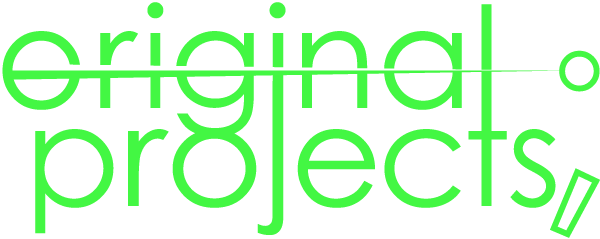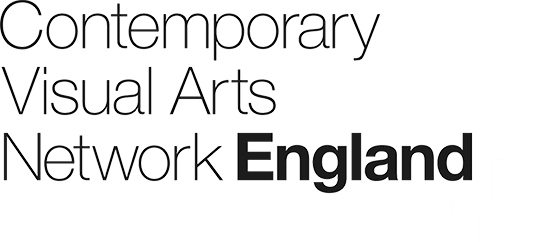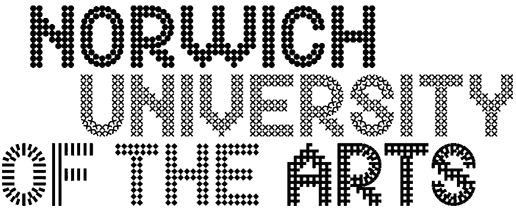If the World Was a Song
By Rose Higham-Stainton
She takes the mic and turns her head towards the television screen, which is propped high on the wall, and away from us—an attentive mass of rowdy patrons with pints of beer, vodka, shots. Her bleached and static hair falls to her waist with the luminescence of an angel or candy floss, elucidated by the glaring lights of the Theatre Tavern, which is brimming with all the joyful benevolence and mascara stains of a night out in Great Yarmouth. And because she is facing the screen, which is directed towards the centre of the pub, she begins to sing before we have even seen her face. And there she remains—nameless, ageless, faceless—for the duration of the song.
And when she sings, which she does, it is with a soft bassiness—
There was a time when love was blind
And the world was a song
And the song was exciting
Over time, the sound—her sound, because it is hers in that moment—evolves into the sort of guttural longing worthy of Les Miserables’s “I Dreamed a Dream”. Perhaps it is the little bottles of pub wine talking, but I begin to think that the world is a song—or songs—sung by people called Shelley, or Elle n Sam, Kevin. And that if the world is Great Yarmouth and the song is Les Mis, we might learn something from them about having fun and about decentralisation.
In Radical Friends: Decentralised Autonomous Organisations and the Arts, Ruth Catlow and Penny Rafferty talk about ungoverned bodies, friendship as social infrastructure and a new order based on ‘play, reciprocity and affection.’ They see friendship as the original model for decentralisation—‘if we are all friends, we would not need the scaffolding of government.’
When I search ‘karaoke’ in Great Yarmouth, Google Maps drops a constellation of pins onto the screen as if each one were coursing with the bawdy brightness of the town’s seafront—the saline white, neon pink and electric blue stilettos that grace its amusement arcades called things like Caesar’s Palace and Gold Rush. Karaoke does grace the seafront in Yarmouth, but, as the map and my local guide shows me, it also graces the pubs on King’s Street, and those that surround the market place, back-street neighbourhood pubs and high street boozers—places called Uptown Bar, Theatre Tavern, Blue Oyster; the types of places you might also find in Grimsby, Hartlepool, Blackpool, at a stretch, Las Vegas. The other thing that those towns have, or had, in common with Great Yarmouth (perhaps not Las Vegas) was an art school. In the mid 19th century, Parliament began to make social reforms, which led to municipalisation and the devolution of services and assets to local councils and in turn, the evolution of municipal art schools. By the mid twentieth century, there were hundreds of art schools or institutes in England, six in Stoke-on-Trent alone.
Like so many others, Great Yarmouth College of Art and Design closed in the mid nineties under tory leadership, but I am reminded of it, and the regional dissemination of arts education, when I do karaoke. Because to do karaoke in Great Yarmouth is to enter a kind of informal network of pubs and entertainment venues that are free to enter, like art schools were and should be. The compere—or karaoke master—holds various degrees of authority over proceedings and moves gracelessly between a network of establishments, encumbered and exhausted—a wandering one man band with a low grade PA system. Which is to say, there is no gleaming head office for karaoke—it is ungoverned, or at least decentralised; by circumventing a single governing body—venue, compere or singer—there is a kind of democratisation of space and the stage that occurs. And when I say the stage, I merely mean the floor; because karaoke is on our level. The karaoke master—and they do appear to be masters rather than mistresses—sets up their station and by way of their mere presence, dictates the stage or the ‘front’ so that everyone turns their chairs or bodies to face that direction, however awkward the angle and regardless of who’s in the way.
Once the stage is set, we enter into a constellational rather than star system—one in which the audience members become performers and vice versa. Karaoke’s goal is not one of finessed showmanship, or artistic glory, but of plucking up the courage and taking part so that beyond place-making, it also offers a set of pedagogic principles—or lack of principles—based on reciprocity. In an article titled ‘Karaoke Theory’, the anti-disciplinary artist, researcher, writer and broadcaster, Sumugan Sivanesan, says ‘by participating in karaoke, people identify with these songs and thus build a temporary sense of community and belonging.’
A public house is a public house when it necessitates community and, it turns out, karaoke. On a Saturday night, karaoke-goers frequent local establishments in a kind of rotational pull. You might see the same person twice, or three times; by the end of the night you might cheers or pat each other on the back; there might be duets, potentially even heartbreak.
Sivanesan—whose interests span migrant histories, minority politics, activist media—talks about how karaoke forces ‘a humility that reminds us of a shared precariousness’. We feel this precariousness in Great Yarmouth not least in the way that like Hartlepool, Blackpool and other defunct art school coastal towns, it is predicated on seasonal work and seasonal fun. But between wrestling show season and the local hippodrome spectacular, when the fairground rides are shuttered and the entertainment pier quiet, there is always karaoke. Rafferty and Catlow write that ‘sustained intimacy, fellowship and camaraderie, especially across disparities of material and social advantage help us to become sensitised to innumerable challenges and possibilities that might otherwise be invisible to us.’ I have seen all walks of life do karaoke in Great Yarmouth, but that is not to say that karaoke in Great Yarmouth, like the arts anywhere, is free from politics.
My glowing hypothesis of karaoke as a decentralised practice, or education, falls short—or down—on witnessing Billy Starr—the purported offspring of the late (and cancelled) Freddy Starr and Yarmouth Karaoke’s self-styled karaoke king. Billy is reported to never wear the same pair of shoes twice—shoes that come in shades of strawberry & cream Cornetto, Slush Puppy blue, Solero orange—and as is so often the way, encapsulates both the problem and the solution with karaoke as a decentralised practice. Seeking a Thatcher era monopoly over municipal proceedings, he tours the pubs, inebriated, brashly dressed and suspicious of people he doesn’t know intimately. In Radical Friends, Catlow and Rafferty quote from activist and writer Adrienne Maree Brown—‘our friendships and relationships are systems. Our communities are systems. Let us practise upwards.’ Which is to say, Billy may be our itinerant host but he is not our master; this is a bottom up system.
When I return to myself, and the din of Theatre Tavern and the woman with the angel hair, I also return to this line by Sivanesan about Karaoke Theory—
I seek to understand what happens when you put the song into you; allow the words to shape your body, the melody pass through you as you sway to its rhythm. When one becomes a vessel for the song, does it possess you?’
For a time, the song possesses the woman with the angel hair but then it moves on—or out—and touches someone else. The song becomes the dispossessed and malleable essence of karaoke; we don’t learn it verbatim, we learn from it or with it.



originalprojects; works with contemporary artists and communities in Great Yarmouth, co-creating ambitious objects, experiences and developmental activities that respond to the place and people, building relationships for a sustainable future.
Established in 2016, originalprojects; have developed a distinctive approach to working with artists in a range of local communities to explore relationships between generosity, creativity and place. Our projects unlock creative opportunities supporting everyone to learn new skills, build confidence and thrive through experiencing sustainable and pioneering great art.
From our home in one of the UK's 'Priority Places', originalprojects; is making culture for everyone. To find out more about our work, visit our website.
PARTNERS



